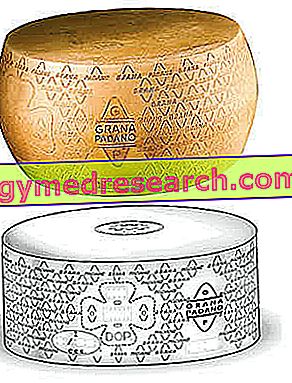Definition and Functions
Cholecystokine (CCK) is a gastrointestinal protein hormone involved in the homeostasis of digestive processes.
Composed of 33 amino acids and secreted mainly by the proximal portion of the small intestine (duodenum and jejunum), cholecystokinin:
- stimulates the secretion of a pancreatic juice rich in digestive enzymes;
- favors the relaxation of Oddi's sphincter (the "door" that regulates the passage of bile and pancreatic juice in the intestine);
- stimulates the contraction and emptying of the gallbladder (gall bladder);
- promotes motility of the small intestine and colon;
- represents an important sign of satiety.
Food and Cholecystokinin
Effects of Food on CCK secretion
The secretion of cholecystokinin is stimulated by fats and proteins from the chyme (slurry of partially digested food that comes out of the stomach). This is why a fat-rich meal exerts a strong satiating power.

Furthermore, cholecystokinin signals the stomach to slow down its emptying, so as to leave enough time for the small intestine to complete the digestion of fats and proteins.
Somatostatin exerts an inhibitory effect on the secretion of cholecystokinin, which is progressively reduced also by the decrease in the flow of fats and proteins from the gastric pylorus to the duodenum.
Stimulus test
Secretin and cholecystokinin stimulus tests
It is used in diagnostics to investigate the state of health of the pancreas. It is based on the intravenous injection of secretin and cholecystokinin (CCK) and on the subsequent evaluation of the quality of aspirated pancreatic secretion.



